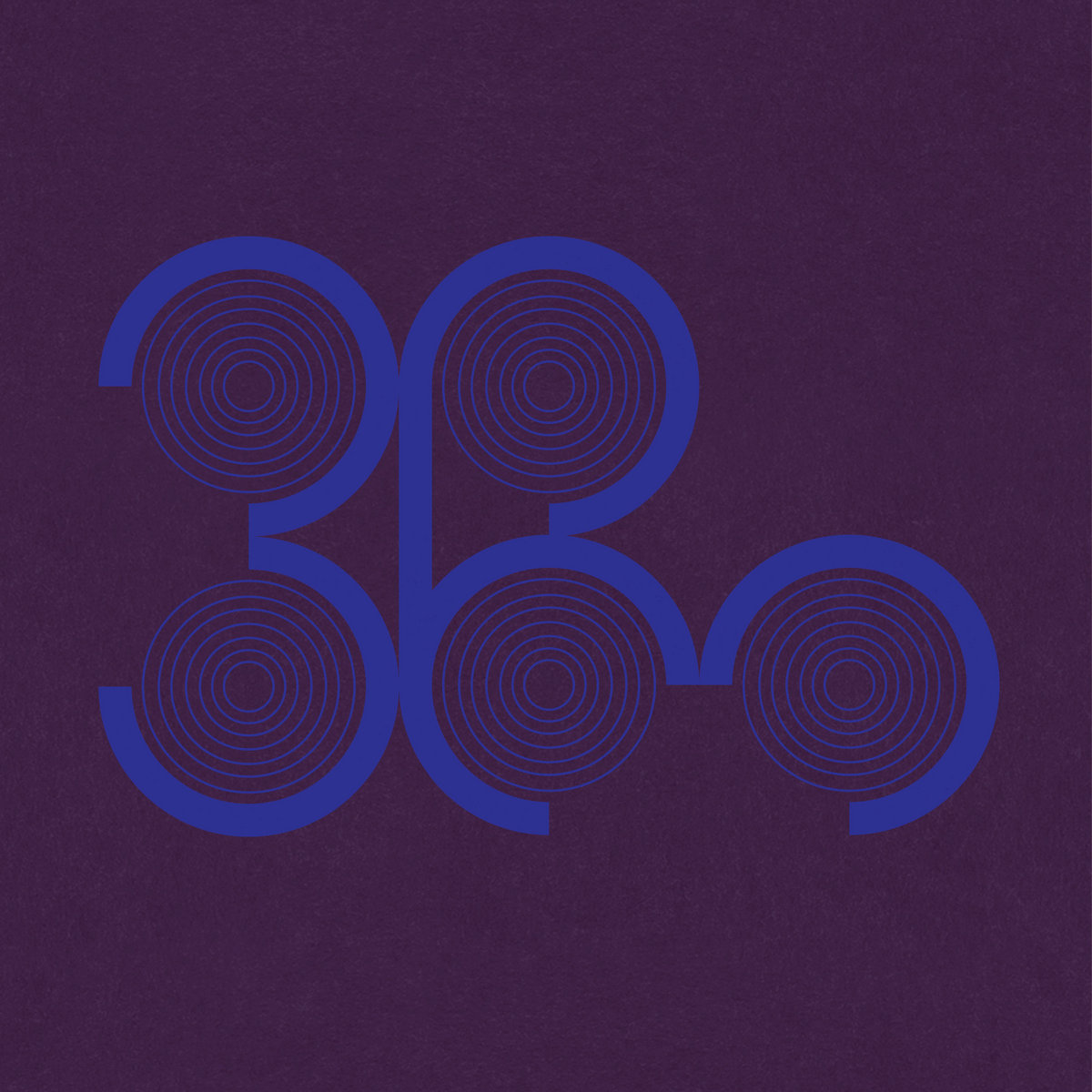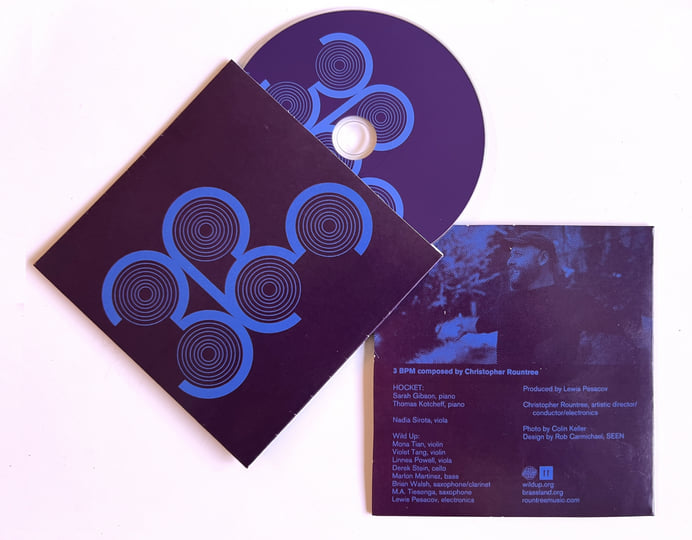
For Your Consideration
3 BPM
Christopher Rountree, Nadia Sirota,
HOCKET & Wild Up
Eligible for GRAMMY® nomination in two categories:
- Best Chamber Music/Small Ensemble Performance
- Best Contemporary Classical Composition


Eligible for GRAMMY® nomination in two categories:
